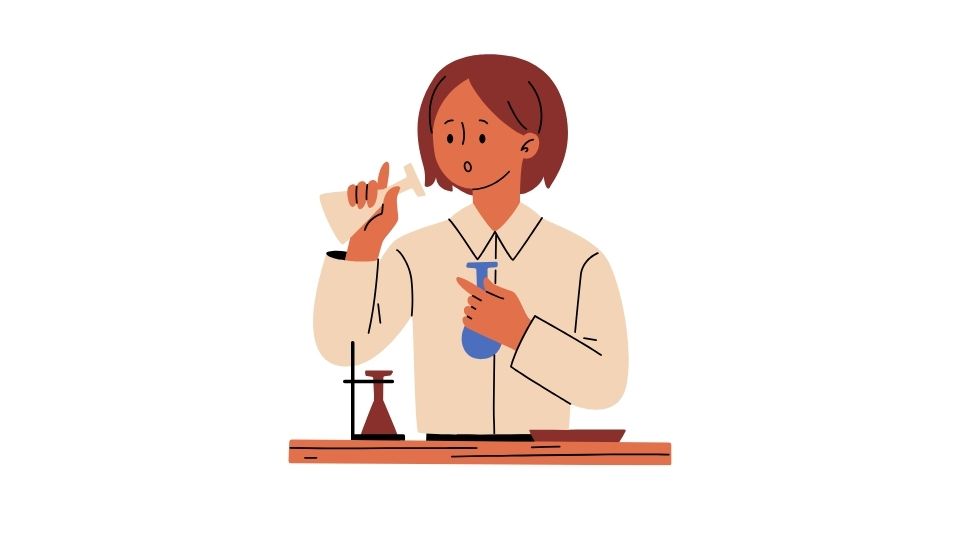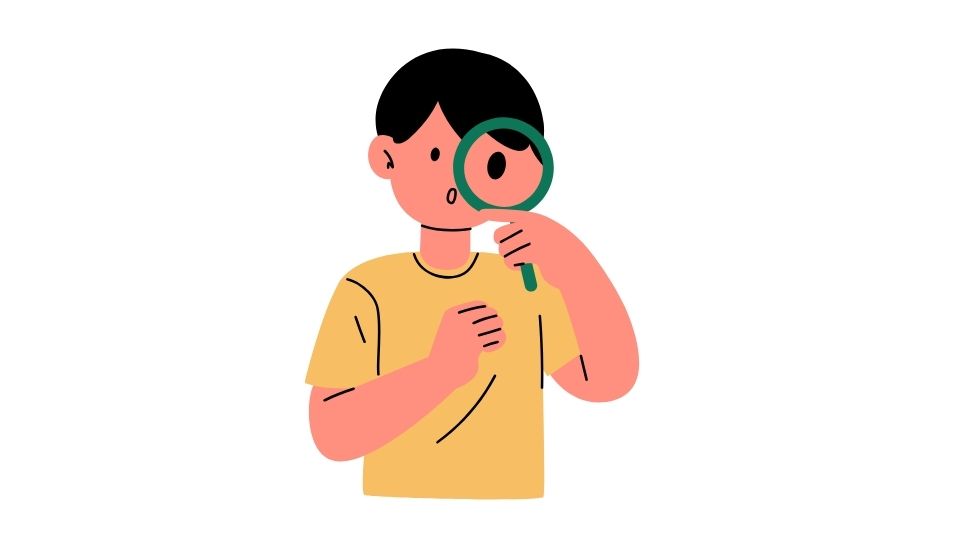Your body doesn’t choose protein as its go-to source for turning food into glucose or energy. Instead, proteins are the construction workers of your body – building tissues, repairing damage, and creating enzymes.
While carbs and fats are your body’s preferred energy sources, protein is like that emergency backup generator that only kicks in when the main power goes out.

How Your Body Actually Uses Protein (And What It Doesn’t Do)
Ever wonder why fitness influencers are always talking about protein? Let’s break down what this crucial macronutrient actually does in your body – and perhaps more importantly, what it doesn’t do.
Your body runs on three main macronutrients, and each has its own special role:
- Carbohydrates: These break down into glucose – your body’s favorite fuel, especially for your brain and during high-intensity exercise.
- Fats: These energy-dense nutrients provide sustained fuel and help with vitamin absorption.
- Proteins: These break down into amino acids – the building blocks for almost everything in your body.
Contrary to what you might hear in the gym, proteins are not stored as energy reserves like carbs and fats. When you eat excess protein, your body either uses it immediately or converts it through some pretty complex processes – and only when it really needs to.
What Your Body Actually Uses Protein For

Building and Repairing Tissues
This is protein’s main job – and it’s a big one! Your muscles, skin, hair, and internal organs are constantly being broken down and rebuilt. Research shows that adequate protein intake is essential for maintaining lean body mass and supporting recovery from exercise.
Protein synthesis is happening in your body right now as you read this. Your body is constantly replacing old, damaged proteins with new ones. Cool, right?
Creating Enzymes and Hormones
Many of your body’s enzymes and hormones are actually proteins. Enzymes are like the body’s workers – they catalyze almost every reaction in your body, from digesting food to copying DNA.
Hormones like insulin and growth hormone are proteins that act as chemical messengers, controlling everything from your metabolism to your mood. Without proteins, your body’s communication system would basically shut down.
Immune System Support
Your antibodies? Yep, they’re proteins too. These specialized molecules help defend your body against bacteria, viruses, and other invaders. Studies confirm that protein deficiency can significantly impair immune function.
When you’re sick and your mom tells you to eat chicken soup? She’s actually giving you solid advice – you need those amino acids to fight off infection.
Energy Source (But Only As a Last Resort)
While not its primary role, protein can be broken down for energy when carbs and fats aren’t available. This process is called gluconeogenesis (making new glucose) and is basically your body’s emergency backup system.
Think of it like breaking down the furniture in your house to keep a fire going – it works, but it’s not ideal and can have consequences (like muscle loss).
What Protein Doesn’t Do

Here’s where things get interesting. Despite protein’s versatility, there are several key metabolic processes where it takes a backseat:
It’s Not Your Body’s Preferred Energy Source
During normal conditions, your body primarily uses carbohydrates and fats for energy production. Research demonstrates that the body prefers to spare protein for its more important structural and functional roles.
Your muscles primarily run on glycogen (stored carbs) and fat. Protein is only significantly tapped for energy during starvation or extreme carbohydrate restriction. It’s like having a valuable antique car that you only drive when absolutely necessary.
It Doesn’t Directly Convert Carbs or Fats to Glucose
Your body doesn’t use protein to convert carbohydrates into glucose – carbs are already broken down into glucose through digestion. And most fats can’t be converted to glucose at all (except for a small portion called glycerol).
When your body needs to make new glucose (like during fasting), it can use certain amino acids from protein, but this is a metabolically expensive process that the body tries to avoid when possible.
It’s Not Stored for Later Energy Use
Unlike fats (stored in adipose tissue) or carbs (stored as glycogen in muscles and liver), your body doesn’t have a dedicated “protein storage” system. Any excess protein you consume is either:
- Used immediately for tissue building
- Converted to glucose or fat
- Broken down and excreted
This is why consistent protein intake throughout the day can be more beneficial than consuming it all at once. Your body uses what it needs and discards the rest.
Protein Balance: The Key to Health

Finding the right protein balance is crucial. Too little, and you’ll compromise tissue repair and immune function. Too much, and you’re just creating expensive urine (while potentially stressing your kidneys).
The average person needs about 0.8g of protein per kg of body weight daily, while athletes and active individuals may need 1.2-2.0g/kg. Research indicates that spreading protein intake throughout the day optimizes muscle protein synthesis.
What’s interesting is that most Americans actually get plenty of protein – it’s the quality and timing that’s often off. Animal proteins contain all essential amino acids, while most plant proteins (except for a few like quinoa and soy) need to be combined to get the full amino acid profile.
The Bottom Line on Protein

Protein is incredibly important – but not for the reasons many people think. It’s not your body’s go-to energy source or glucose producer. It’s the building material that keeps you, well, you.
Prioritize getting enough high-quality protein distributed throughout your day, but don’t fall for the myth that more is always better. Your body is smarter than that, and it knows exactly what to do with the protein you give it.
So next time someone tells you they’re eating massive amounts of protein to “fuel their workout,” you can gently explain that’s not really how it works. Their muscles are actually running primarily on carbs and fat, while that protein is helping them repair and rebuild afterward.
And remember – protein is just one piece of the nutrition puzzle. Balance is everything.




Leave a Reply